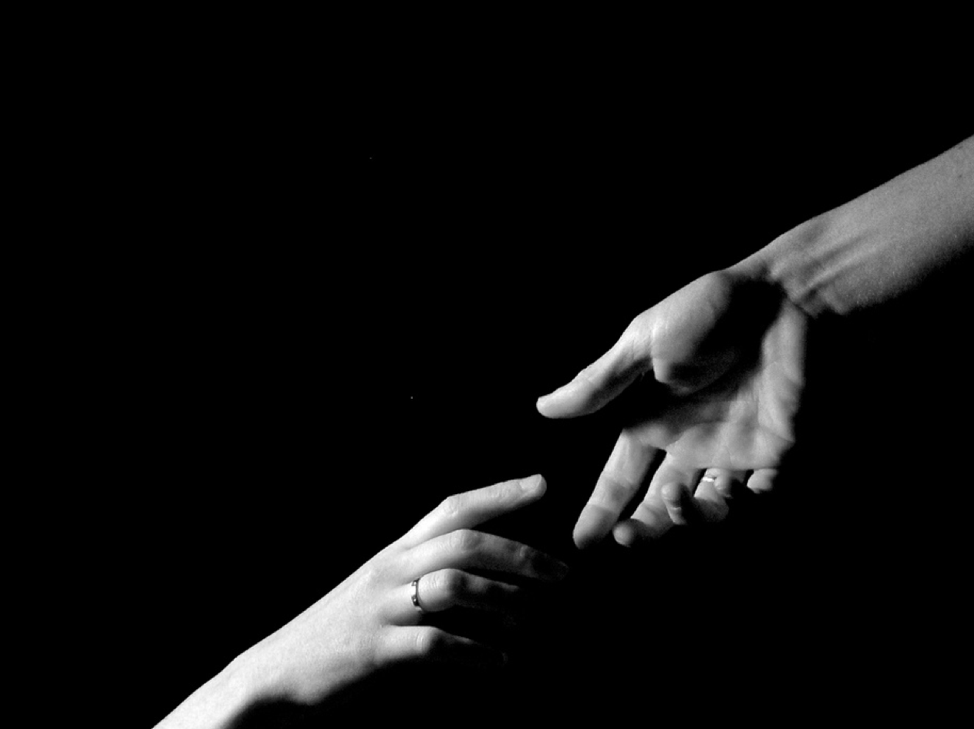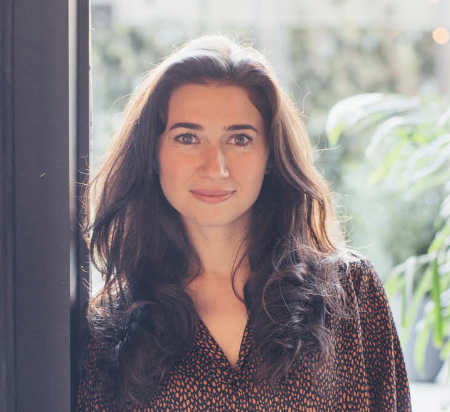
Death is our fundamental vulnerability. It’s also inevitable. I will die and so will you. This is arguably life’s most reliable fact. According to Terror Management Theory, our knowledge that life will end coupled with our instinct for survival, creates an irresolvable existential paradox. Rather than sitting with the anxiety generated by this paradox and tolerating the reality of our very human condition, we become defensive and rely on pervasive, unconscious coping mechanisms to manage our fear.
Social psychologists have conducted hundreds of studies on the various ways we defend against death and have found that three are primary. First, we cling to worldviews, connecting to culture, a political party, a favorite sports team, any group or community larger than ourselves that we believe will live on after we die. Second, we seek to enhance our self-esteem, naively hoping that if we are just special enough, wear the right clothes, know the right people, or get enough likes on Instagram, that we’ll be different from the rest and somehow escape our inevitable fate. And lastly, we look to love to save us from death; we laud it as magical, transcendent, and eternal, making it particularly suitable for minimizing existential distress. Ernest Becker, who wrote the Denial of Death, called this the “Adult Romantic Solution.” He argued that in modern times, we have replaced religion, a former means of death-transcendence, with love. In other words, God used to be “the one.” Now, our partner is.
This last defense can be a bit misleading. Though it sounds ideal, even ecstatic at first, my research suggests that over time, love without the awareness of death may actually contribute to the destruction of the very defense on which we’ve come to rely so heavily.
After conducting empirical research myself and delving deeply into the literature, exploring both existential theory and couples’ therapy, from Irvin Yalom and Viktor Frankl, to Esther Perel and Stephen Mitchell, I believe what happens is this: We are so afraid of dying, of the uncertainty, loss, and pain inherent in the experience, that we seek safety and comfort in love, attempting to make it more permanent than it actually is. Life isn’t secure, so we try to make romantic love secure. However, this is a faulty trade, one based on empty promises and fairy tales told to soothe the terrified child within. Convincing ourselves that we will never lose is not only untrue, but also stifles the very aspects of love that enabled it to thrive in the first place — uncertainty, unpredictability, excitement, and passion. Without these key ingredients, complacency and ingratitude are likely to grow in its stead.
Here we see that we unwittingly kill love because we are so afraid of death. It becomes a sacrificial lamb.
But, when we love acknowledging our vulnerability to death, we open ourselves to a new form of connection. Love with death in mind is rich, deep, and awakened. It is true love, and by that, I mean it is love based on the truth — that you do not ever really have anyone, that you can, and in fact will lose the people you love, and you don’t know when. Through this lens, gratitude, passion, and romance with our partners can flourish because love is free to be exactly what it is: transient, just like life. We no longer have to manipulate love to fulfill our needs for safety and security, our need to temporarily quiet a craving ego derived from a futile attachment to a self that will eventually cease to exist.
Overall, I argue that although we say it is better to have loved and lost, perhaps more importantly, we need to accept loss to have better love. The more we can consciously come to terms with and allow impermanence into our lives, the more we will be able to protect love by giving it what it needs to thrive. And therein lies the beauty of the connection between these two constructs: love and death are simply two sides of the same coin, each unable to exist without the other. The degree to which we accept death is directly proportional to the loving bliss we are capable of experiencing — until, in that penultimate moment, we finally become nothing, as in death, and simultaneously become everything, as in love. Then, the two become one.

